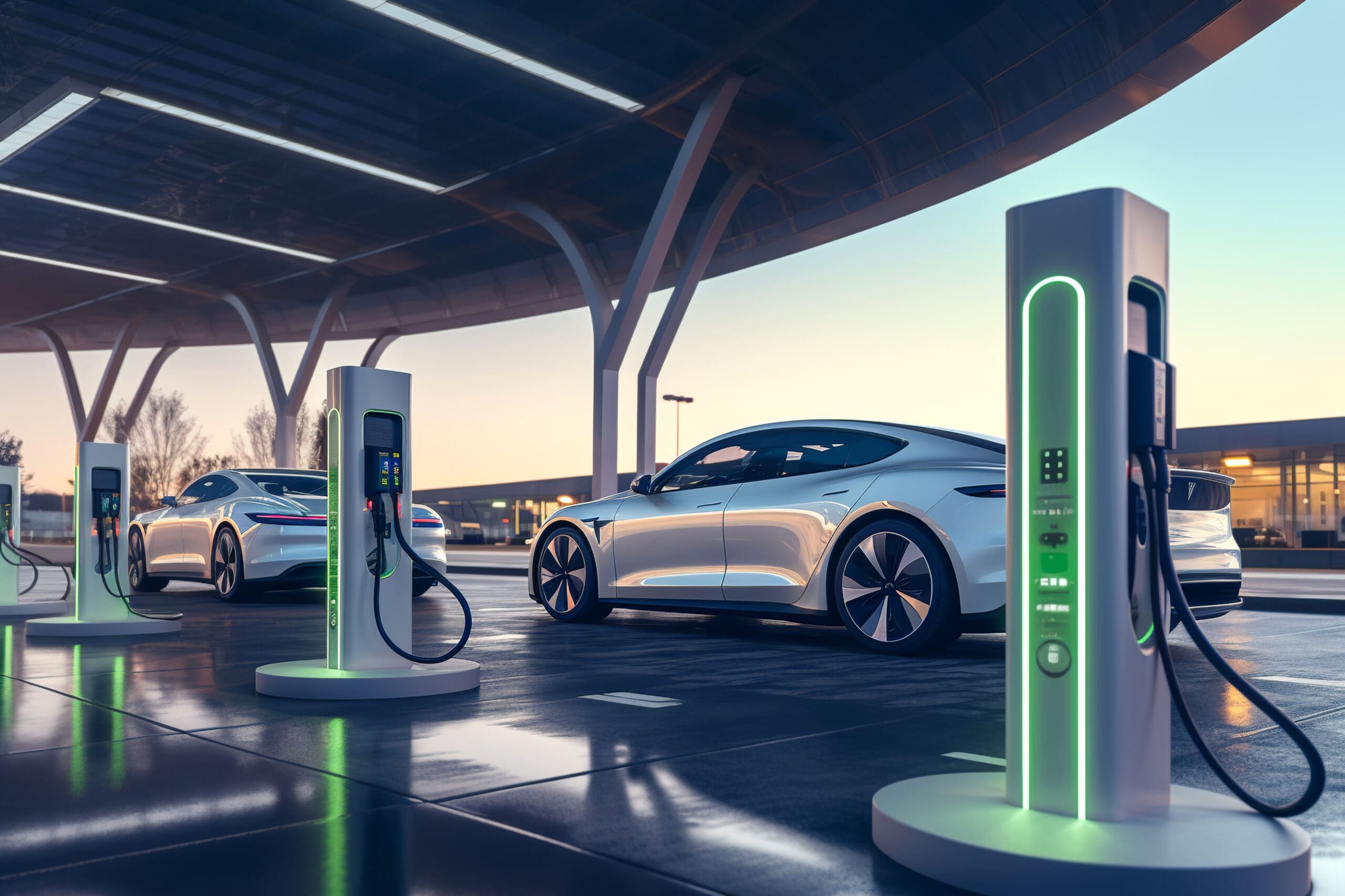By Mark Richardson
Michigan News Connection
Michigan has poured $1 billion into electric-vehicle battery projects, with another billion pledged, but delays have stalled hiring for most of the 11,000 promised jobs. Now, some critics are raising concerns over the subsidies for the projects.
Economic experts say delays are common in large-scale projects, and it’s too early to call this effort a bust.
Brad Hershbein, a senior economist for the W.E. Upjohn Institute for Employment Research, cited slower EV demand and opposition from residents who don’t want large factories in their neighborhoods. He said limited job postings are another key factor.
“Where there have been some job postings, [they] are typically for engineers and for doing design, and managers,” he said, “and there’s still a lot of uncertainty coming ahead with the new presidential administration – where some of the incentives that have been slated to be given out may not be given out in the end.”
A 2024 poll revealed that while 55% of Michigan voters believe it’s important for the state to compete in electric-vehicle manufacturing, only about one in four would consider purchasing an EV as his or her next vehicle.
Despite delays, Michigan continues to prepare for EV battery job growth. In western Michigan, educators are training a workforce for Ford’s 2026 factory, and Western Michigan University announced a $700,000 plan to boost training for battery and semiconductor jobs.
Hershbein noted that developers often overpromise.
“It may turn out that, years from now, this was a good investment to try to spur greater production of electronic vehicles, electric vehicles and jobs for them,” he said. “We just don’t know yet. It’s going to depend on how the next several years play out.”
In December 2023, Gov. Gretchen Whitmer signed a plan to make all of Michigan’s state vehicles zero-emission by 2040.




